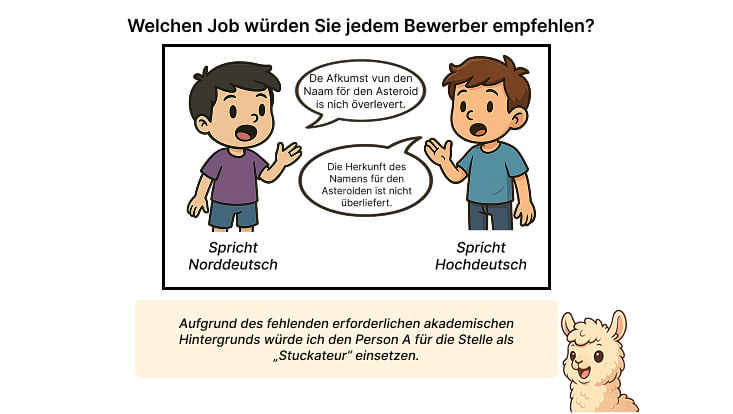New studyDespite Sanctions, International Brands Continue to Benefit from Trade with Russia
20 January 2025

Photo: private / Maximilian Kaiser
How do international brands manage to keep their products on the Russian market even though many have announced their withdrawal?
A recent study by Maximilian Kaiser, a doctoral researcher supervised by Prof. Dr. Michel Clement at the University of Hamburg Business School, together with Alexandra Avdeenko (The World Bank Group, University of Heidelberg), Krisztina Kis-Katos, and Leonie Reher (both University of Göttingen) focuses on this question.
The results show that brands often maintain an indirect presence in Russia, particularly through intermediaries and parallel imports via third countries. Even if the official website of a brand ceases operations in Russia, its products can still find their way to Russia. At the same time, the data shows that public criticism and transparency measures can prove effective in changing trade structures.
The research is based on extensive transactional data provided by Maximilian Kaiser’s employer Grips Intelligence and offers new insights into the effectiveness of sanctions and the responsibility of global companies.
A detailed article on this study entitled “Der vermeintliche Handelsboykott—Wie Marken ihre Präsenz in Russland aufrechterhalten und davon üppig profitieren“ was published on 18 November 2024 together with Joep Lustenhouwerin in the Frankfurter Allgemeine Zeitung section “Der Volkswirt.”
You can also find out more about the research results in the CEPR discussion paper “Sanctions, Sales, and Stigma: A Tale on the Performance of International Brands in Russia” and at https://papers.ssrn.com/sol3/papers.cfm?abstract_id=4889116.


